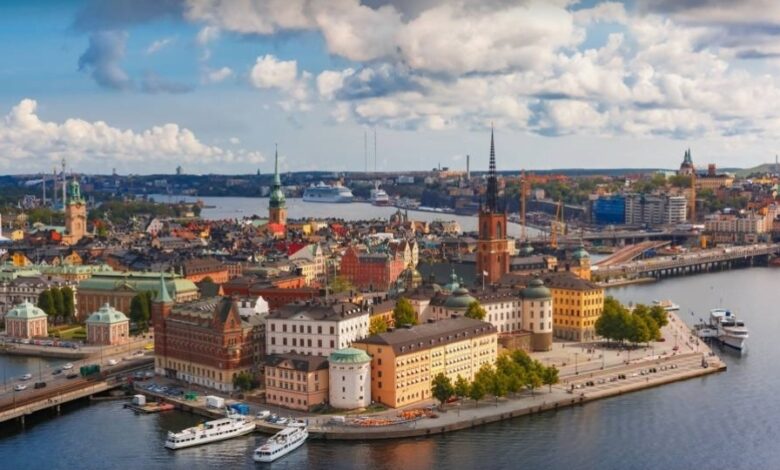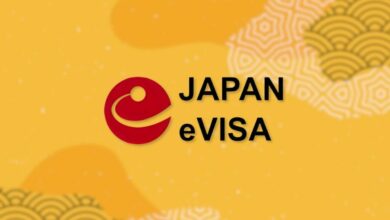Sweden: The Nation of No “Excellencies”, Yet a Beacon of Excellence

In a world where leadership is often equated with luxury, and power is frequently abused in the name of status, one country stands apart—Sweden, a Scandinavian nation that quietly redefines what it means to serve the people.
Sweden, once a poor, agricultural society, has transformed itself into one of the richest, most socially just, and least corrupt nations in the world. But perhaps its most stunning achievement is how it has done this without “Excellencies”—no lavish titles, no royal treatment for politicians, no cult of personality.
In Sweden, public office is truly a position of service, not privilege. Politicians are treated just like the citizens they represent—no fanfare, no motorcades.
No Luxury for Lawmakers: Swedish Ministers and Members of Parliament (MPs) don’t receive official cars or private drivers. They commute using public transport—riding the same crowded buses and trains as everyone else.
Small Offices, Big Responsibilities: Parliamentary offices can be as tiny as 8 square meters. MPs aren’t allowed to have private secretaries or extravagant office setups.
Strict Use of Public Funds: Using public money for personal convenience is taboo. A minister taking a taxi instead of a train can become national news. Even the Speaker of Parliament receives only a public transportation card, and only the Prime Minister is allowed a permanent official car—for security reasons.
Swedish politicians do not live large off the people’s resources:
MPs live in modest apartments in the capital, doing their own laundry in shared facilities.
Local government councilors receive no salaries and often work from home, without the entitlement of personal offices.
Judges are also held to the same standard—no cars, no secretaries, no special perks.
In Sweden, integrity is expected, not requested. A case in point: former Deputy Prime Minister Mona Sahlin once purchased a bar of chocolate and baby diapers with a government credit card. The public outrage was swift, and she was forced to resign. The incident is still remembered as the infamous “Toblerone Case.”
Despite its minimalist approach to governance, or perhaps because of it, Sweden has consistently topped global rankings:
Best country for quality of life and sustainability
Top country for raising children and gender equality
Free health care and tertiary education
Among the longest life expectancies in the world
99% literacy rate
Recycles nearly all of its trash
Donates 1% of GNP to global humanitarian aid
All this from a country where humility in leadership is a norm—not an exception.
This begs the question: How did a nation with no “Excellencies” become so excellent, while nations overflowing with so-called “Excellencies” are plagued with poor infrastructure, corruption, and weak institutions?
In many developing countries, leaders are quick to demand titles, enjoy luxuries, and wall themselves off from the realities of everyday citizens. Instead of stewardship, leadership becomes self-serving. While schools, hospitals, and roads remain in decay, convoys of luxury SUVs cruise past the suffering masses.
It’s time to rethink what leadership means. Sweden’s example proves that true excellence is not found in titles or luxuries, but in service, simplicity, and accountability.
What if we stripped away the “excellency” culture and focused on excellent governance instead?
What if our leaders lived like the people they claim to serve?
What if we, the citizens, demanded more integrity, not more grandstanding?
Let Sweden be a mirror for us—not just to admire, but to reflect on the kind of nation we want to build.
If a non-religious society can embrace honesty, justice, and humanity at such a level, what excuse do deeply religious yet poorly governed nations have?
It’s time to choose: do we want more excellencies, or do we want more excellence?
Let’s build a nation that doesn’t need to be called great—it simply is.
Source: Dr. Mrs. Nkem Mordi Kenneth





